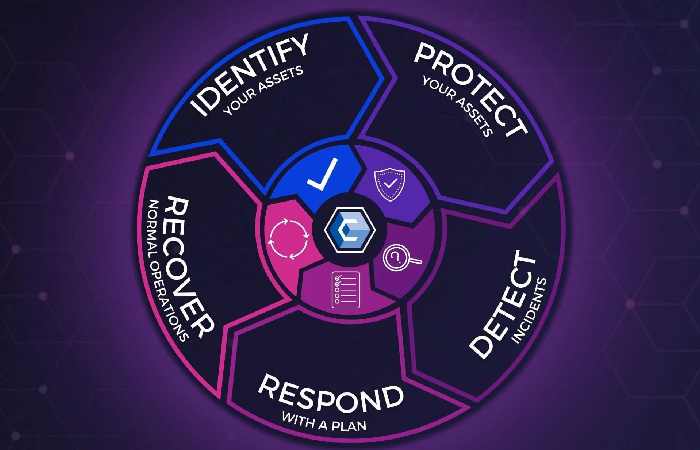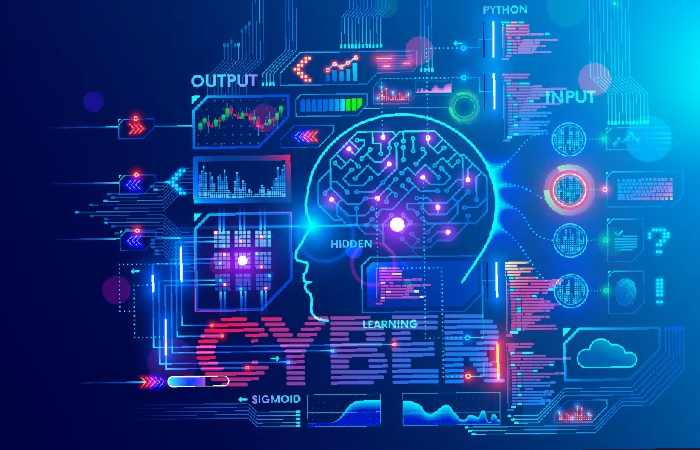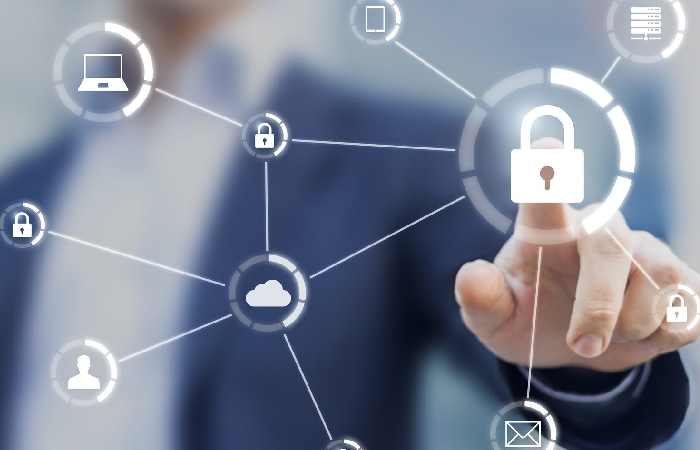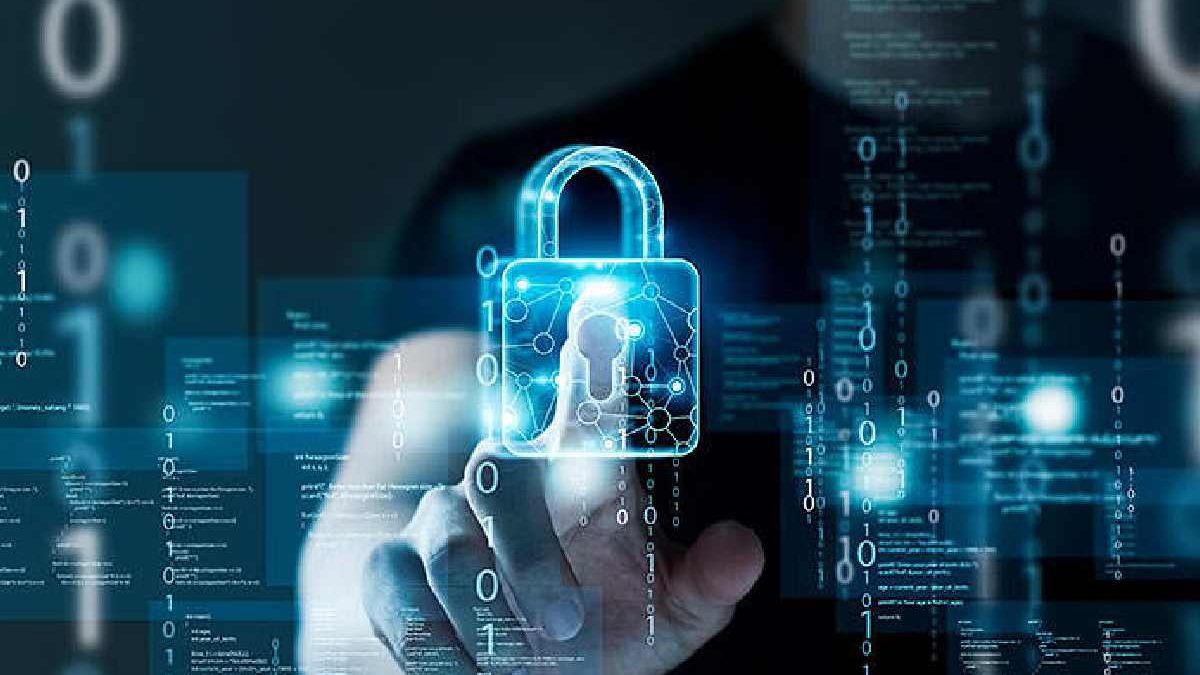The constantly evolving world of cybersecurity, it is crucial to understand the definition of a device and its implications. In this article, we will delve into the concept of a device in the context of cybersecurity, exploring its various forms and how it can impact our digital security. So, let’s unravel the intricacies of what can be considered a device in the realm of cybersecurity.
In the Context of Cybersecurity: What is a Device?
In cybersecurity, a device refers to any physical or virtual object connecting to a network and transmitting or receiving data. Today’s interconnected world, devices come in various forms, ranging from traditional computers and smartphones to Internet of Things (IoT) devices like smart home devices, fitness trackers, and industrial sensors.
These devices play a crucial role in our daily lives, enabling us to access information, communicate with others, and automate tasks. However, devices also present vulnerabilities and potential security risks along with their countless benefits.
Types of Devices in Cybersecurity:
Traditional Hardware Devices:
These include desktop computers, laptops, tablets, and smartphones we use daily. These devices interact with the internet, enabling us to access, store, and transmit data. Securing these devices by regularly updating software, using strong and unique passwords, and utilizing reputable antivirus software is crucial.
Internet of Things (IoT) Devices:
IoT devices refer to interconnected smart devices that form a network and communicate with each other. These devices, such as smart TVs, home security systems, and voice-controlled assistants, collect and transmit data. As they become more prevalent, securing IoT devices is increasingly important to prevent cyber threats from compromising our privacy and security.
Wearable Devices:
Wearable devices, including smartwatches and fitness trackers, have recently gained popularity. These devices collect sensitive information about our physical health and daily activities, making them potential targets for cybercriminals. Protecting wearable devices involves enabling encryption, using strong passwords, and limiting the sharing of personal data.
Virtual Assistants:
Virtual assistants such as Amazon’s Alexa, Google Assistant, and Apple’s Siri have become ubiquitous in modern households. While offering convenience, these voice-activated devices also raise concerns about privacy and data security. Understanding their data collection practices and implementing safeguards such as limiting voice recordings and regularly reviewing privacy settings is crucial.
The Implications of Devices in Cybersecurity:
Devices play a significant role in our everyday lives but also introduce vulnerabilities that cybercriminals may exploit. Understanding the implications of devices in cybersecurity is vital for safeguarding our personal and professional information:
Data Breaches:
Devices store vast amounts of personal and sensitive data, ranging from financial information to login credentials. If a device is compromised, it can lead to severe data breaches and identity theft. Regularly updating software, activating multi-factor authentication, and encrypting data are crucial preventive measures.
Malware Attacks:
Devices can serve as gateways for malware, including viruses, ransomware, and spyware. Opening suspicious email attachments, visiting malicious websites, or downloading unverified applications can lead to malware infections. Utilizing reputable antivirus software, exercising caution when clicking links, and practicing safe browsing habits can mitigate the risk of malware attacks.
Phishing Scams:
Devices are often targeted by phishing scams to trick individuals into revealing sensitive information. Cybercriminals may use social engineering techniques via email, text messages, or phone calls to deceive unknowing victims. Being vigilant, skeptical, and verifying the authenticity of requests can prevent falling victim to phishing scams.
Conclusion:
In the dynamic landscape of cybersecurity, understanding the definition of a device and its implications is crucial. From traditional hardware to emerging technologies, devices play a significant role in our digital lives. Stay vigilant, secure your devices, and remain cyber-resilient in an ever-evolving digital world. In The Context Of Cybersecurity, What Can remain Considered A Device?

